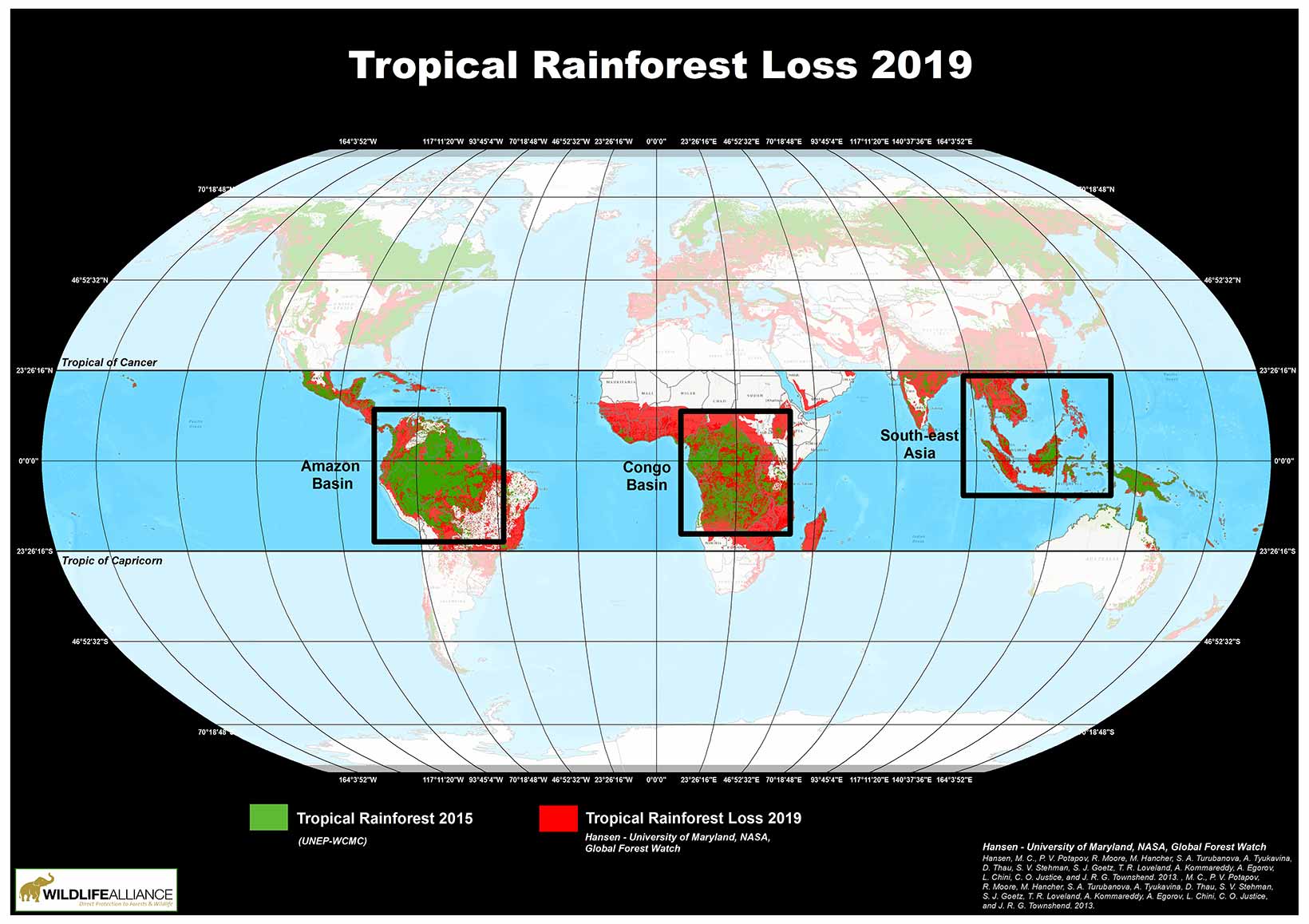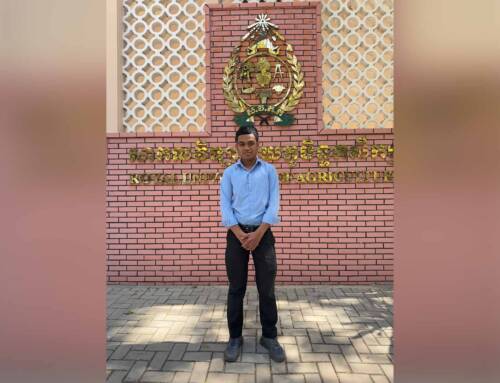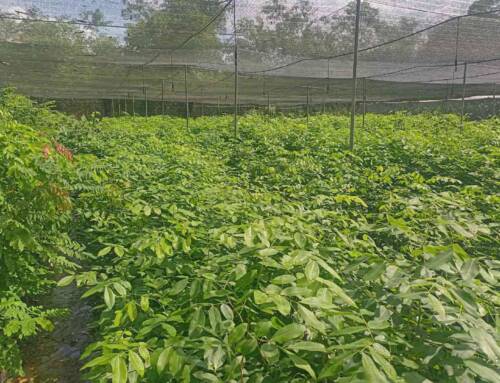Forests are essential for life on Earth. They provide us with oxygen, regulate the climate, and are home to a vast diversity of plants and animals. But over the past few centuries, we have lost a staggering amount of forest cover. In fact, it is estimated that we have lost 60% of our forests since the beginning of human civilization.
There are many reasons why we have lost so much forest cover. Some of the most common causes include:
- Agriculture: Forests are often cleared to make way for agricultural land. This is especially true in developing countries, where the demand for food is growing rapidly.
- Logging: Trees are logged for their timber, which is used to make a wide variety of products, such as furniture, paper, and building materials.
- Fire: Forests can be destroyed by wildfires, which are often caused by human activity.
- Mining: Forests are sometimes cleared to access mineral resources, such as oil, gas, and copper.
Impacts of Forest Loss:
The loss of forests has a number of negative impacts on the environment and on human society. These include:
- Climate change: Forests play an important role in regulating the climate. They absorb carbon dioxide from the atmosphere, which helps to slow global warming. When forests are lost, this carbon dioxide is released back into the atmosphere, contributing to climate change.
- Water scarcity: Forests help to regulate the water cycle. They intercept rainfall and store water in the soil, which helps to prevent flooding and drought. When forests are lost, this water storage capacity is reduced, which can lead to water shortages.
- Biodiversity loss: Forests are home to a vast diversity of plants and animals. When forests are lost, this biodiversity is lost as well. This can have a cascading effect on ecosystems, as plants and animals that rely on each other for survival are no longer able to do so.
- Economic impacts: Forests provide a number of economic benefits, such as timber, tourism, and water resources. When forests are lost, these economic benefits are lost as well.
The loss of forests is a crisis that we must address. Wildlife Alliance is committed to working with local communities and governments to find sustainable solutions to deforestation. We believe that we can protect forests and wildlife while also meeting the needs of people.





